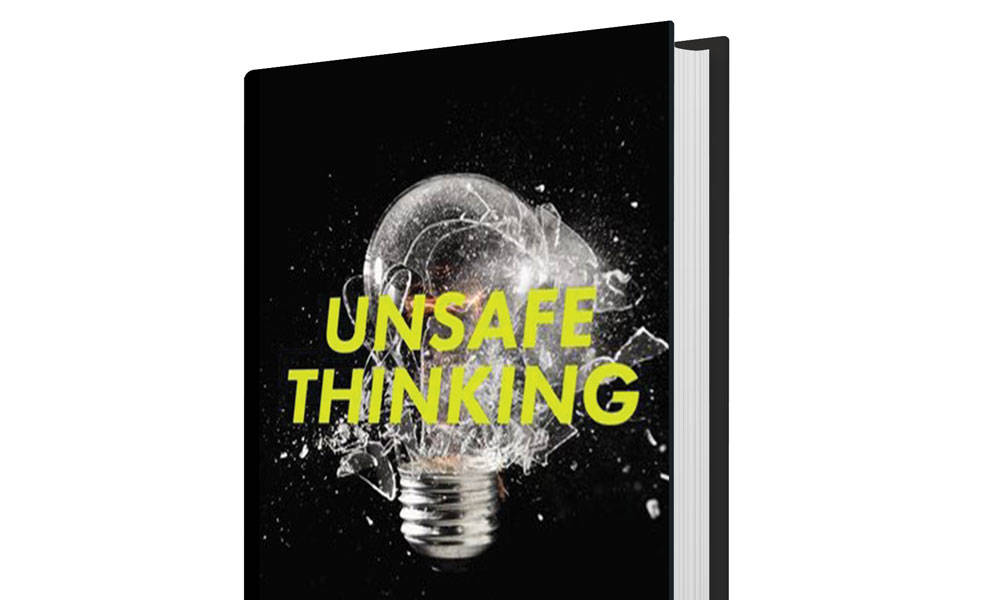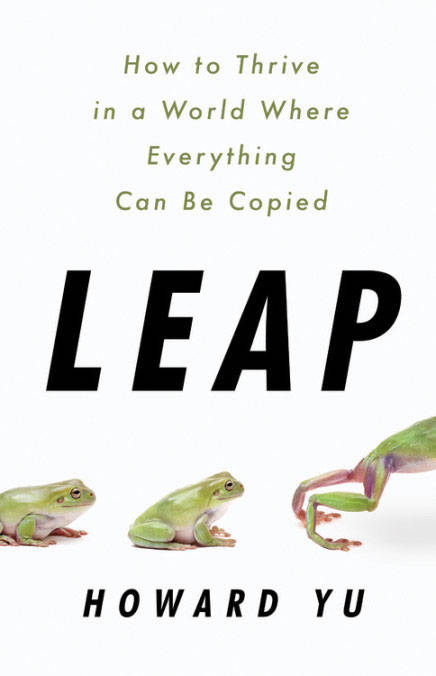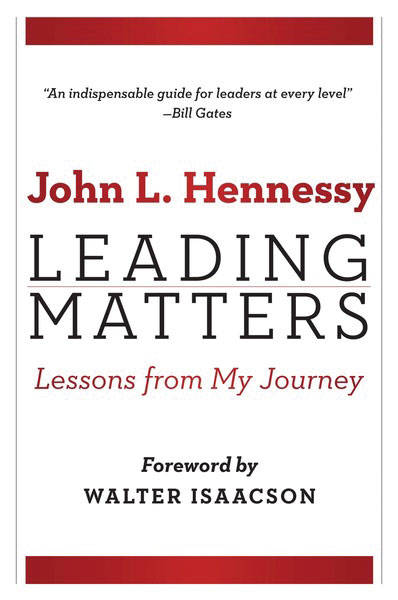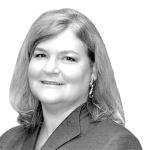
Books: Be Bold
Break free from the status quo, with the help of Jonah Sachs’ Unsafe Thinking.
Unsafe Thinking: How to Be Nimble & Bold When You Need It Most
By Jonah Sachs; Da Capo Lifelong Books; 256 pages; $27
As a reader of Unsafe Thinking: How to Be Nimble & Bold When You Need It Most, you’ll be in full agreement by chapter two as to why author Jonah Sachs was named by Fast Company as one of the world’s 50 most influential social innovators. He’s an original.
An excellent writer whose candor and curiosity translate into compelling storytelling, he drags our initially skeptical selves along on his quest to define “a flexible, nimble approach to unfamiliar challenges,” one that breaks us free from the status quo, inspires others to follow, and allows us to “keep operating in the unsafe zone.”
In more than 100 interviews with multidisciplinary game changers, Sachs prods for practical, replicable skills and attitudes. Among them are how to shift a culture from conservative to cutting edge, challenge your basic assumptions, and move “problems” to “partners.”
He then corrals his takeaways into six areas: courage, motivation, learning, flexibility, morality, and leadership. But the stories more than the segmentation are the secret sauce to readers’ eventual buy-in. The counterintuitive examples are simply fascinating.
For instance, conventional wisdom of foreign aid groups is that poor people will squander money handed to them with no strings. But the founders of GiveDirectly proved this wrong, eventually dispensing hundreds of millions of dollars in $1,000 increments to needy recipients, who promptly converted the money into measurably positive results.
A wonderful book for association CEOs and board leaders ready (or not) to recalibrate risk-taking and strategic planning.

Leap: How to Thrive in a World Where Everything Can Be Copied
By Howard Yu; PublicAffairs; 288 pages; $28
Associations are not often known as great competitors. Author Howard Yu, LEGO professor of strategy and innovation at IMD Business School in Switzerland, may be just the coach needed, as his Leap manifesto tackles an important competitive aspect: copycats.
Leap uses nonprofit and corporate failures and successes to support five principles of discovery that help organizations endure when others begin elbowing onto sacred turf.
The process starts with assessment of your organization’s core knowledge and maturity, followed by cultivation of new knowledge disciplines that open fresh markets and product lines. Principle Three—leverage seismic shifts—requires more-robust environmental scanning of related disciplines. Principle Four calls for experimentation, which Yu suggests may threaten the most fallout.
Surviving such challenges shows organizational readiness to “dive deep into execution,” finally leaping into rewired opportunities while copycats trail behind.
A timely addition to the change management literature.

Leading Matters: Lessons From My Journey
By John Hennessy; Stanford Business Press; 200 pages; $24
Former Stanford University President John Hennessy—whose post-retirement gig is board chair of a little startup called Alphabet (parent of Google)—uses his impressive career climb to craft what Bill Gates calls “an indispensable guide for leaders at every level.”
With a philosophical, personal tone, Hennessy parses his 25 years of leadership success into 10 elements grounded in the core values of humility, authenticity, service, and empathy. He then moves the discussion to what he calls both principle and practice: courage.
Bolstered by bravery to stay mission-focused, a good leader can tackle the remaining five elements needed to “take a great institution to new heights”: collaboration, innovation, intellectual curiosity, storytelling, and long-term change.
A fascinating look at the professional growth curve of one of the most influential leaders in the tech world and academia.






Comments